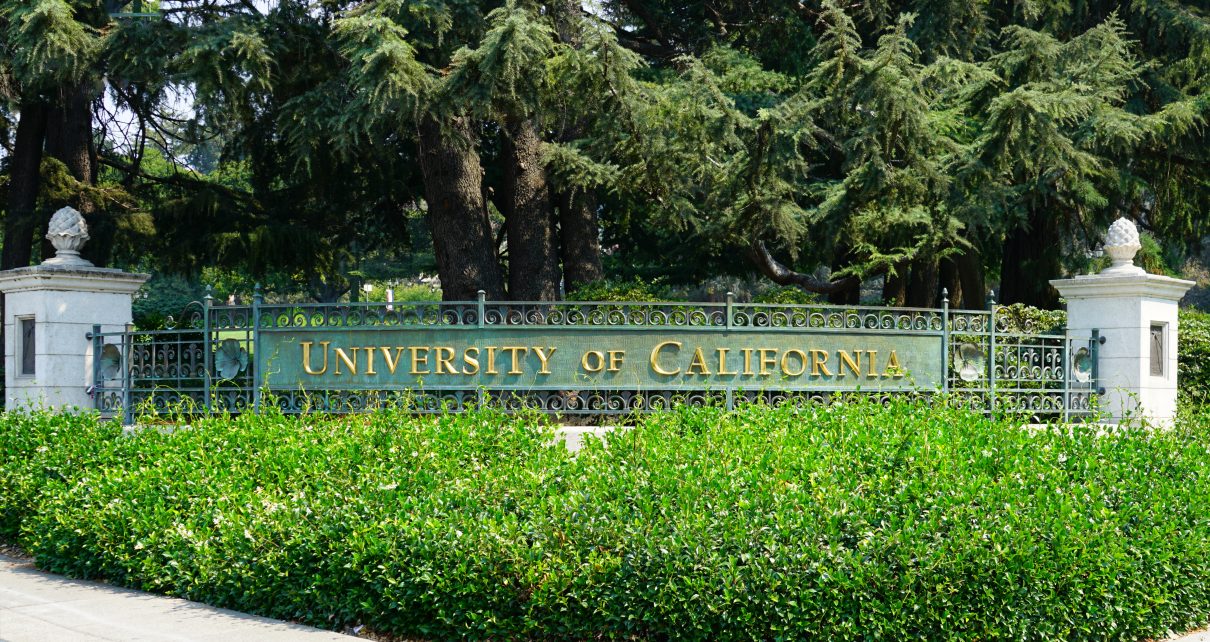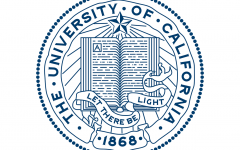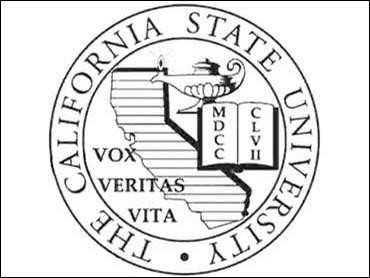
View of the campus of the University of California, Berkeley. (Photo: EQRoy, Shutterstock)
New Report: University Policies Fail to Protect Jewish Students from Antisemitism
Attacks on Jewish student identity doubled this year on campuses across the country
By Katy Grimes, December 16, 2022 8:30 am
What happened to the campus Chess Club, the Cinema Club or the Key Club which as a student-led organization, the club’s goal was to encourage leadership through serving others?
Today on college campuses we see Berkeley Law for Palestine, the Center for Chicanx and Latinx Academic Student Success, Animal rights clubs, Environmental Justice clubs, Queer Alliance clubs, Comics and Video clubs… NYU offers more than 300 active student clubs on campus open to all students from the Cheese Club to the Superhero Club. And UC Berkeley offers Furries at Berkeley, Anthropomorphic Animal Appreciation Association, a subculture interested in anthropomorphic animals which hopes to serve and portray the furry population on campus positively (people who dress as animals).
AMCHA Initiative released a new report which reveals school policies fail to address the predominant vehicle for antisemitism on campuses today, leaving Jewish students vulnerable and endangered.
Attacks on Jewish student identity doubled this year on campuses across the country, according to a new report by AMCHA Initiative.
AMCHA Initiative’s annual campus antisemitism report unearthed an insidious and never-before-exposed phenomenon taking root on college campuses: a pervasive and relentless assault on Jewish identity.
Unlike other campus studies released this year and in previous years, which examine whether campuses are safe or unsafe for Jewish students, this study investigated the nature, scope and trajectory of the threats to Jewish student identity on U.S. campuses, and it found a staggering doubling of such threats at 60% of schools most popular with Jewish students. The threats uncovered in the report include attempts to dissociate Zionism from Judaism, pit Zionism against progressive values, accuse Zionist Jews of undue privilege, power and control, and purge Zionism and Zionists from campus life.
The BDS movement, Boycott, Divestment and Sanctions, is a Palestinian-led movement promoting boycotts, divestments, and economic sanctions against Israel. BDS paints Israel as vicious and evil, and says it should be discarded from American investments. It even calls for universities to divest from companies associated with Israel, and has perpetuated the growing anti-Semitism movement lurking on California college campuses.
The first-ever report of its kind, Falling Through the Cracks: How School Policies Deny Jewish Students Equal Protection from Campus Antisemitism, “compared the two main mechanisms in place on campuses to protect students from harassment and bigotry: Non-Discrimination & Harassment Policies and Student Codes of Conduct. Non-Discrimination & Harassment Policies are designed to address instances of harassing behavior directed at students because of their membership in particular protected identity groups.”
The report found students who suffer abusive verbal conduct that was not deemed to have been directed at them because of their membership in a protected class are doubly disadvantaged by codes of conduct policy disparity. “Not only are their harassers afforded free speech protection that is, in effect, license to continue verbally harassing them, but their own freedom of speech and academic freedom is diminished by the harassment.”
The anti-semitism movement on college campuses is so bad, the Department of Education’s Office for Civil Rights announced it is launching an investigation into the University of California Berkeley Law School due to concerns of anti-zionism, the Daily Caller reported. “The International Legal Forum filed a complaint with the OCR on Nov. 18, according to the Cleveland Jewish News. The complaint came as a result of multiple student groups adopting Boycott, Divestment, and Sanctions bylaws associated with the pro-Palestine movement, that banned pro-Israel speakers from their chapters.”
A victory for Berkeley students. Visit their page to learn more. @berkeleylawforpalestine https://t.co/gdoRmE8HL0
— Palestinelobby (@Palestine_lobby) September 30, 2022
The AMCHA report found:
- “deficient responses” of school administrators across the country to complaints of Jewish and pro-Israel students harmed by anti-Zionist motivated conduct can be traced back to school harassment policies themselves.
- Although harassment policies typically include “religion” and “ethnicity” as protected classes, many school administrators do not consider Zionism as integral to a Jewish student’s religious beliefs or ethnicity.
-
Compounding the problem, on campuses today, where student identity plays a critical role in determining administrative responses to harassing behavior, the defamatory portrayal of Jews and Zionists as powerful and privileged oppressors has made it even harder for Jewish and pro-Israel students to receive protection from the harassment accompanying the assault on their identity. While university officials respond promptly and vigorously to harassing behavior directed at some students, they ignore or downplay equally harmful acts directed at Jewish and pro-Israel students. This is particularly true when it comes to acts of aggression motivated by anti-Zionism, which constitute the majority of antisemitic incidents on campuses most popular with Jewish students.
“Despite the fact that anti-Zionist motivated attacks often meet the threshold for harassment articulated in school’s harassment policies, the unfair discrepancy between these two policies (harassment and code of conduct) means the exact same harmful behavior will be addressed promptly and vigorously for some students, but ignored or downplayed when it comes to Jewish students,” AMCHA Director Tammi Rossman-Benjamin said. “As the mainstreaming and normalization of antisemitism on social media and among entertainers, athletes, corporate executives and politicians continues at an alarming pace, it is essential that administrators address the institutional basis for the egregiously unfair treatment of Jewish students who fall victim to harassment and bullying.”
In the recommendations, the report said University and College Administrators should establish policies that treat harassing behavior equally for all students, irrespective of the motivation of the harasser or the identity of the victim.
The report also recommends legislators consider new legislation, similar to the Title VI of the Civil Rights Act, that establishes a clear legal process and robust government enforcement mechanisms for ensuring that all students in state and federally funded schools are equally and adequately protected from harassing behavior.
- Gov. Newsom’s and AG Bonta’s Affordable Housing Shakedown Scheme - April 25, 2024
- 6 California Cities Make the Least Affordable List for Home Buyers - April 24, 2024
- NEW REPORT: California Ranks Among Bottom of 50 States for Financial Transparency - April 23, 2024





University and college administrators should be treating harassing behavior equally for all students, irrespective of the motivation of the harasser or the identity of the victim? Is there a need for MORE policies and legislation when current policies and legislation against harrassment and discrimination are being ignored by many university and college administrators most of whom are far-left radicals with an agenda?
It looks like this report is trying to conflate antizionism with antisemitism for political purposes. There are plenty of Jews who support BDS.